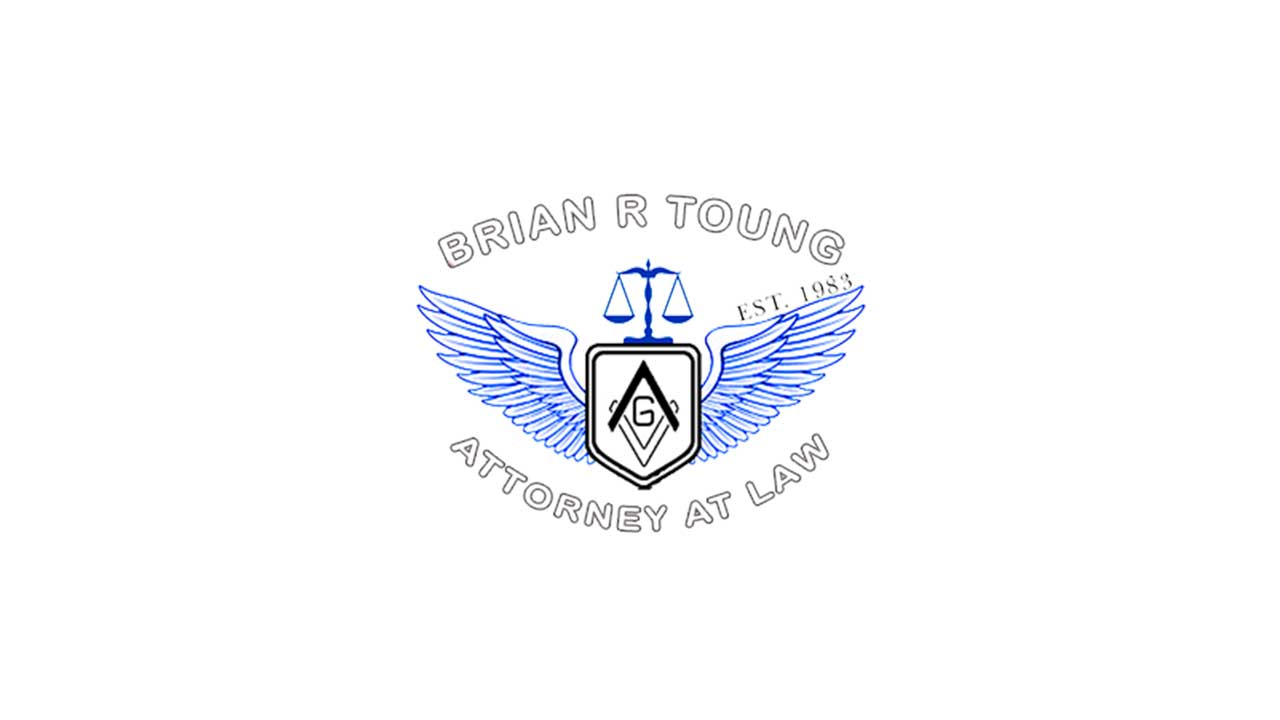Everyone has a bad night’s sleep sometimes. Maybe your partner’s snoring kept you from getting a restful eight hours last night. Maybe you stayed up until the wee hours of the morning finalizing a big client presentation. Either way, as you drive to work the following morning, your eyelids are drooping.
At this moment, your thoughts may to turn to the workday ahead of you. How will you make it through your presentation when you’re this exhausted? How are you going to accomplish all of the work you need to get done?
Your bigger concern, however, should be how you’re going to get to work in your current state. It’s widely understood that drunk driving or texting while driving are dangerous behaviors. But few people understand the risks associated with drowsy driving.
The journal Occupational and Environmental Medicine recently published a study on the effects of sleep deprivation on driving. It found that if you miss sleep for just 17 hours, your level of impairment is equivalent to having a blood alcohol concentration of 0.05. This effect worsens the more sleep you miss.
Drowsy driving accounts for a high incidence of accidents on the road. The National Highway Traffic Safety Administration estimates that at least 100,000 accidents—and 1,500 deaths—each year are caused by sleep deprived drivers.
In today’s society, we’ve been trained to seek a sober ride whenever we’ve had too much to drink. The same response should be applied to sleep deprivation. If you’re having trouble keeping your eyes open, consider taking a cab or bus before getting behind the wheel. The decision could save your life.

